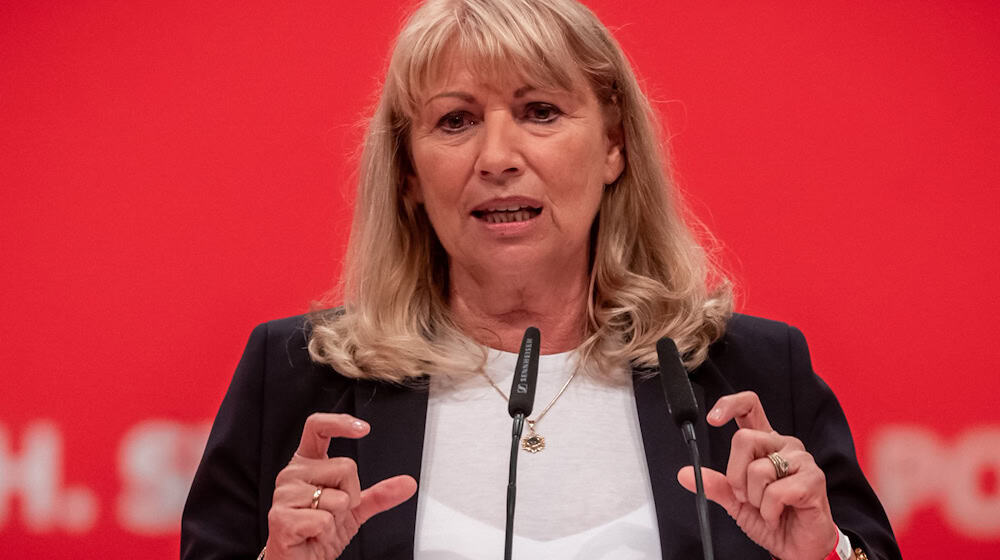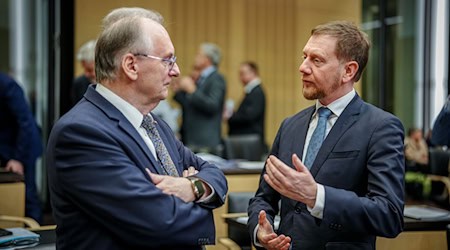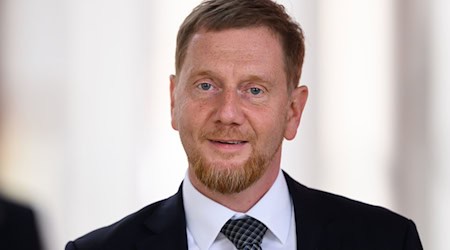Saxony's Deputy Prime Minister Petra Köpping (SPD) is pushing for a swift agreement on the use of the upcoming federal funds. "The billions from the special fund must bring tangible improvements for the citizens of Saxony. Investments in transport infrastructure, digitalization, hospitals and schools, for example, must be tackled quickly," she told the German Press Agency. This requires a joint effort from all partners.
"We cannot afford frictional losses"
"The state government should hold an investment summit in the near future to discuss this with local authorities, businesses and trade unions in order to commit to this goal and ensure clarity. We cannot afford friction losses," emphasized Köpping, who is responsible for social affairs, health and social cohesion in the cabinet. It is important that the cabinet agrees on priorities for the first tranches of the special fund in a timely manner.
The Saxon state parliament had only adopted the double budget for 2025/2026 at the end of June. It provides for expenditure totaling around 50.2 billion euros. In order to compensate for a funding gap of four billion euros, the government also resorted to red pencils. The budget equalization reserve was dissolved. The allocation to the generation fund, which Saxony wants to use to cushion its pension burdens for civil servants, is falling. The repayment of coronavirus debt is being adjusted. In addition, not all federal programs will be co-financed.
Finance Minister urges consolidation
Finance Minister Christian Piwarz (CDU) spoke of a "transitional budget". He said it would buy time to tackle the necessary consolidation. The overall situation for the next budget could be even more difficult, he announced. In order to get the budget through the state parliament, the CDU-SPD minority coalition had to rely on votes from the opposition. Specifically, agreement was reached with the Greens and the Left Party. This is now also likely to play a role in the preparation of the new double budget.
Copyright 2025, dpa (www.dpa.de). All rights reserved










